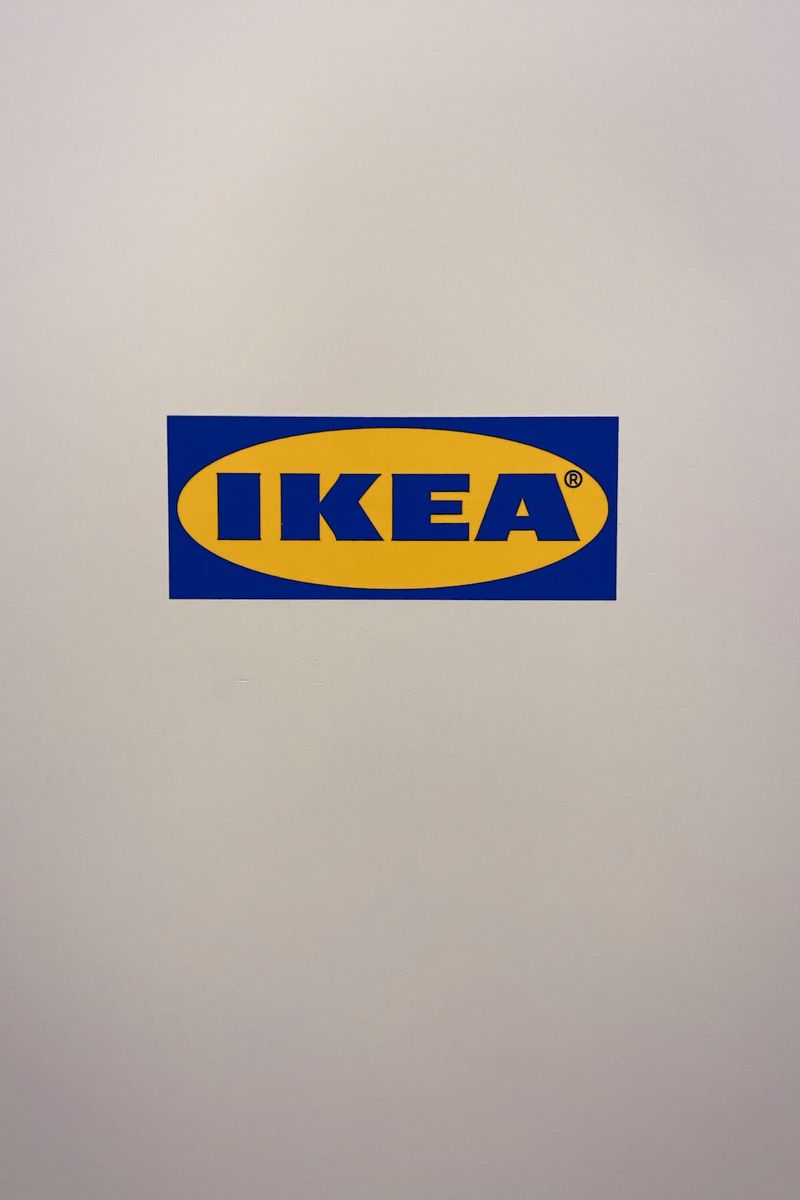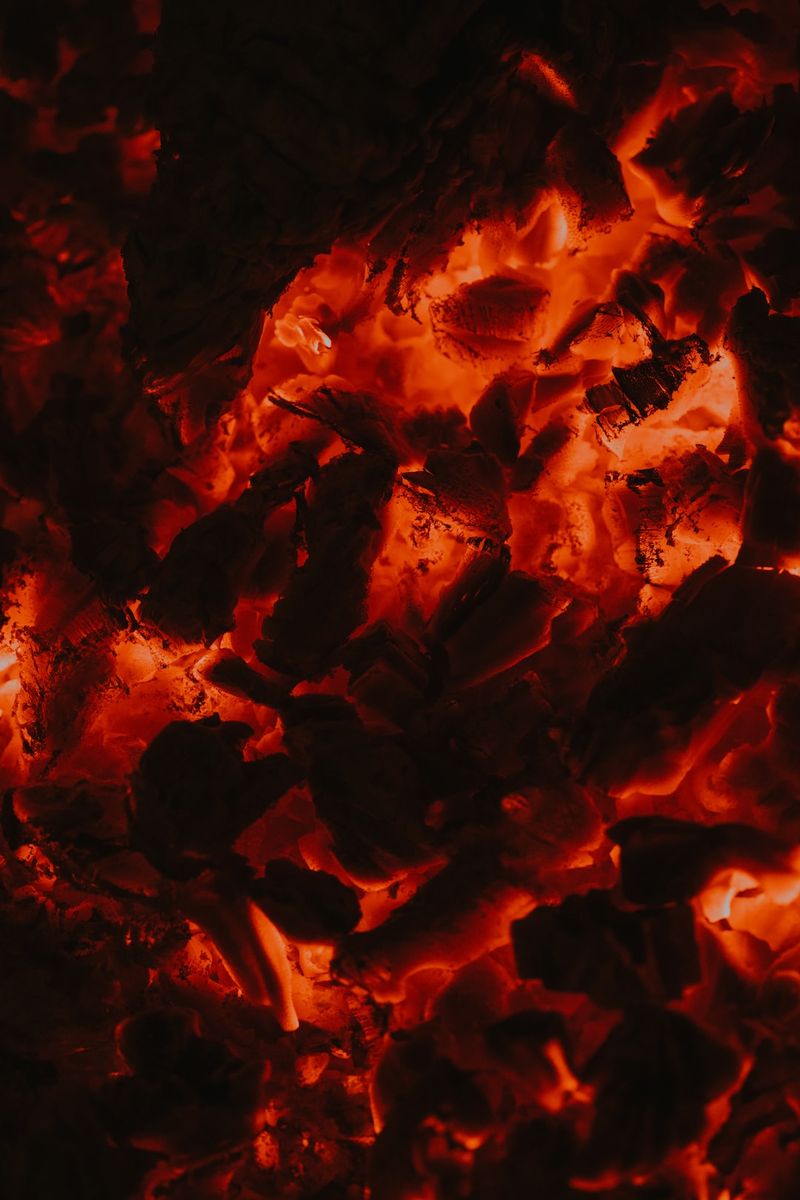Former NRL Star Boyd Cordner Faces Challenges on SAS Australia
Former NRL star Boyd Cordner, known for his fit and muscular physique, recently appeared on the reality show SAS Australia. Cordner’s participation in the show comes after his retirement from the NRL due to a series of concussions that have left him with lingering symptoms even after two years. In a to-camera interview, Cordner opened up about the symptoms he still experiences, including constant headaches, light-headedness, and sensitivity to light and noise.
The physical demands of the SAS Australia course became a concern for Cordner due to his history of concussions and the impact they have had on his body. However, he saw the show as an opportunity to test himself and push his limits both physically and mentally. Unfortunately, during a run and jump exercise into cold coastal waters, Cordner injured his pectoral muscle, adding another obstacle to his already challenging journey on the show.
A Candid Interview Reveals Childhood Tragedy
Disappointed with his performance, the Directing Staff on the show decided to bring Cordner in for an interview to assess his mindset. During the interview, Cordner delved into his childhood and opened up about a heartbreaking loss. He revealed that his mother passed away from breast cancer when he was just four years old, leaving him with few memories of her. Cordner described how, at the age of four, he would run up to his mother’s bed when she was not feeling well, a memory that he cherishes despite its sadness.
Reflecting on his childhood and the absence of a guiding mother figure, Cordner expressed the impact that loss has had on his life and the lingering questions of how different things could have been with her presence. The interview took a poignant turn when it was revealed that one of the SAS Australia Directing Staff, Anthony “Staz” Stazicker, also lost his mother at a young age. The two men shared a moment of understanding and empathy, having both experienced the profound loss of a mother figure in their lives.
The Mental Toll of Concussions
In addition to the emotional challenges Cordner has faced, he also addressed the impact of concussions on his decision to retire from the NRL. Cordner described experiencing severe headaches and even breaking down in tears due to the pain on some days. As the captain of his club, state, and country, Cordner was constantly in the spotlight and felt immense pressure while dealing with the physical and mental toll of his injuries.
Cordner’s decision to retire was influenced by the uncertainty surrounding the consequences of further head injuries. He expressed the fear of not knowing what the next head knock would bring and the importance of prioritizing his long-term health and well-being.
Editorial: The High Cost of Professional Sports
Cordner’s journey on SAS Australia serves as a reminder of the physical and emotional toll that professional sports can have on athletes. While the allure of fame, success, and adoration may be enticing, the sacrifices and risks involved in pursuing a career in sports can often be overlooked.
The long-term effects of concussions and other injuries on athletes’ health have become increasingly apparent and have prompted discussions about the responsibilities of sports organizations to protect their players. The decision to retire early, as Cordner did, is not an easy one and can be met with criticism from fans and even fellow athletes who may not fully understand the challenges athletes face.
It is crucial that we prioritize the well-being of athletes and provide them with the support they need, both during their careers and in retirement. This includes comprehensive medical care, mental health resources, and ongoing support as they navigate life after sports. Athletes should not have to sacrifice their long-term health and well-being for the sake of their careers.
Advice: Taking Care of Our Athletes
As fans and supporters of sports, we have a responsibility to advocate for the well-being of athletes. We should demand that sports organizations prioritize the health and safety of their players, implementing measures to prevent and address injuries such as concussions. This includes investing in research, developing effective protocols for diagnosis and treatment, and establishing support systems for athletes who may be struggling physically or mentally.
Additionally, it is essential for athletes themselves to listen to their bodies and prioritize their health. It takes incredible strength to acknowledge when it is time to step away from a sport, even when it is a lifelong passion. Seeking medical advice, being honest about injuries and symptoms, and taking the necessary steps to recover and heal should be encouraged and supported.
Boyd Cordner’s journey on SAS Australia is a testament to the resilience and determination of athletes, as well as the challenges they face both on and off the field. It is a reminder that behind the glory and success often lies a journey filled with sacrifices and hardships. Let us recognize and appreciate the sacrifices our athletes make while advocating for their well-being and ensuring that their health is not compromised for the sake of the game.

<< photo by omid bonyadian >>
The image is for illustrative purposes only and does not depict the actual situation.
You might want to read !
- “Outpouring of Grief: NRL Star Shares Heartfelt Account of Tragic Loss in Emotionally Charged SAS Interview”
- “Daniel Caesar’s SUPERPOWERS World Tour Expands Down Under”
- Reopening Titans: IMAX Unleashes a Colossal Cinematic Experience
- “Daniel Caesar’s Soulful Sounds to Fill the Streets of Bangkok this December 2023”
- “Reality Bites: The Controversial Cancellation of The Real Housewives of Sydney”
- Rise of the Resilient Ben Simmons: A Promising Preseason Performance




